Puerto Rico’s PR Firm Made Millions with Putin in Russia (document)

The new contracts between the Puerto Rican government and public relations and lobbying firm Ketchum Inc. signify the return of an entity that had left the government in the midst of numerous scandals at the end of Pedro Rosselló’s administration. It also means that the island is now being represented by an entity that, up until recently, used to represent President Vladimir Putin and the Russian government in the United States.
This has been stated thus in documents submitted by Ketchum itself, as per the law, to the US Department of Justice (see copy of the record at the end of this article), and in reports published by media outlets specializing in US politics.
Ketchum’s new contracts in Puerto Rico are for $450,000 with the Tourism Company and $79,200 with the Fiscal Agency and Financial Advisory Authority of Puerto Rico (FAFAA), the agency that—among other tasks—oversees the government’s compliance with PROMESA and the rulings issued by the Fiscal Control Board. The Tourism Company contract spans from May 1 to June 30, and the FAFAA contract, from May 2 to June 30.
These contracts are general in nature, so if Ketchum were to implement any specific public relations program, it would require new contracts or amendments to the existing ones. The contract with the Tourism Company states that it is meant to ‘generate positive publicity and increase tourism to Puerto Rico from United States, Canada, Colombia, Germany, Spain and Mexico,’ and to ‘position Puerto Rico as a five-star destination’.
Ketchum is a global firm with operations in 70 countries, and it recently celebrated its 90 th anniversary.
They earned notoriety in Puerto Rico when Xavier Romeu Matta, the controversial former director of the Puerto Rico Industrial Development Company, paid Ketchum invoices with funds that were supposed to be used to generate jobs through industrial incentives. The nearly $6 million assigned to contracts with Ketchum were drawn from the Puerto Rico Industrial Incentives Fund, which was the object of federal and local investigations, yielding no known results. The operations of this Fund were subject to a Blue Ribbon Committee investigation by the Calderón administration.
Ketchum’s contracts during Pedro Rosselló’s administration were controversial, not only because of the source of the funds that were used to pay them, but also because Ketchum was (and still is) a powerful donor of the Democratic Party, to which both former Governor Rosselló and his son, current Governor Ricardo Rosselló, are affiliated.
More recently, Ketchum received attention because of its ties with Russia, something that was featured in a report in the specialized media outlet Politico.
This relationship earned Ketchum about $60 million in one decade and ended on March 2015, according to a Ketchum spokesperson that asked for clarification after this story was published. The Foreign Agents Registration Act requires lobbyists and other firms representing foreign interests in American soil to disclose their commercial relationships and information about related activities.
The management of the G8 summit in St. Petersburg in 2006 was Ketchum’s first contact with the Russian government, through a $2-million contract obtained by Putin’s press secretary, Dmitry Peskov. But the lobbyists have not worked with the Russian government exclusively. They have used this relationship to obtain contracts with other interests in Russia, such as Gazprom, a Russian energy company. One of Ketchum’s achievements in its PR work with the Russian government was to place an opinion column written by President Putin in The New York Times.
Popular ahora

Bienvenido a Noticel
Empieza a crear una cuenta
Verificación de cuenta
Te enviaremos un correo electrónico con un enlace para verificar tu cuenta. Si no lo ves, revisa tu carpeta de correo no deseado y confirma que tienes una cuenta vinculada a ese correo.
Has olvidado tu contraseña
Introduce el correo electrónico de tu cuenta y te enviaremos un enlace para restablecer la contraseña.
Has olvidado tu contraseña
Le hemos enviado un correo electrónico a {{ email }} con un enlace para restablecer su contraseña. Si no lo ve, revise su carpeta de correo no deseado y confírmeme que tiene una cuenta vinculada a ese correo electrónico.
Personaliza tu feed
Verifica que tu dirección de correo electrónico sea correcta. Una vez completado el cambio, utiliza este correo electrónico para iniciar sesión y administrar tu perfil.
Elige tus temas
- Deportes
- Economía
- El Tiempo
- Entretenimiento
- Más
- Noticias
- Opiniones
- Última Hora
- Vida y Bienestar
- Videos y Fotos


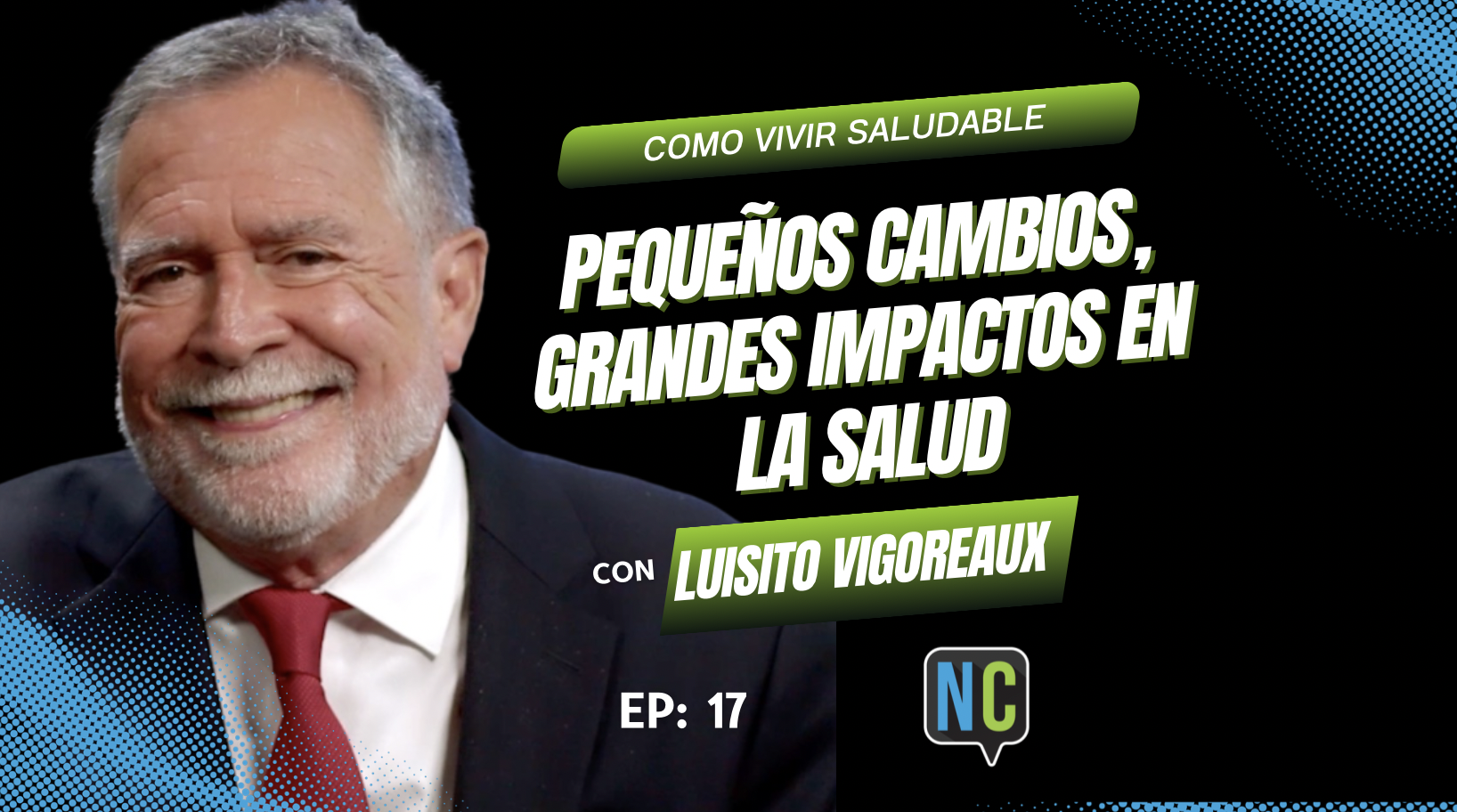
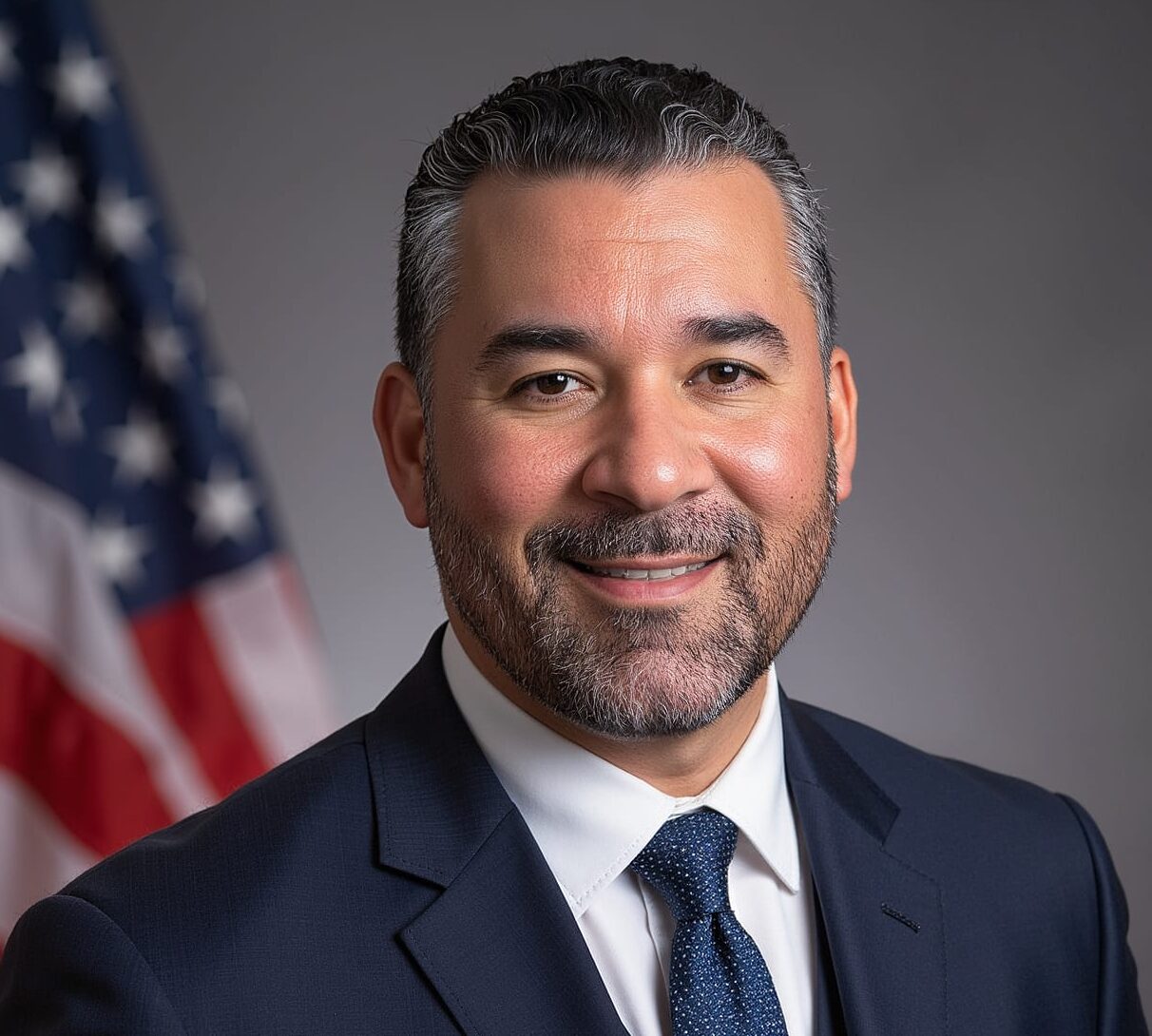



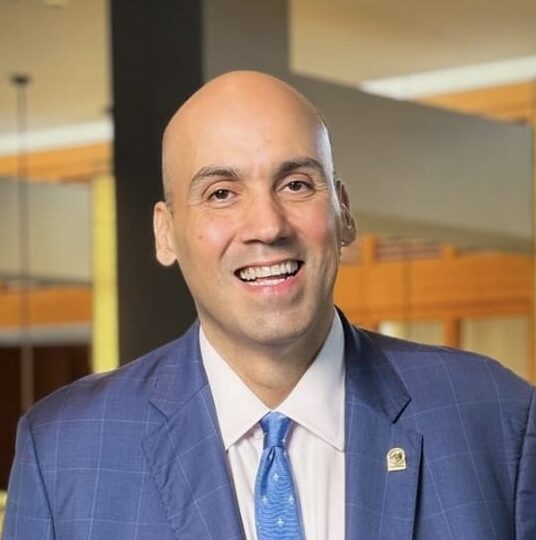
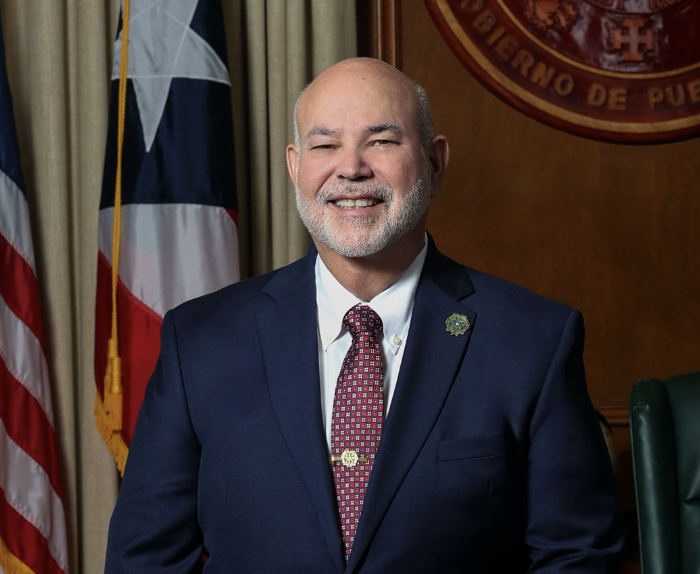

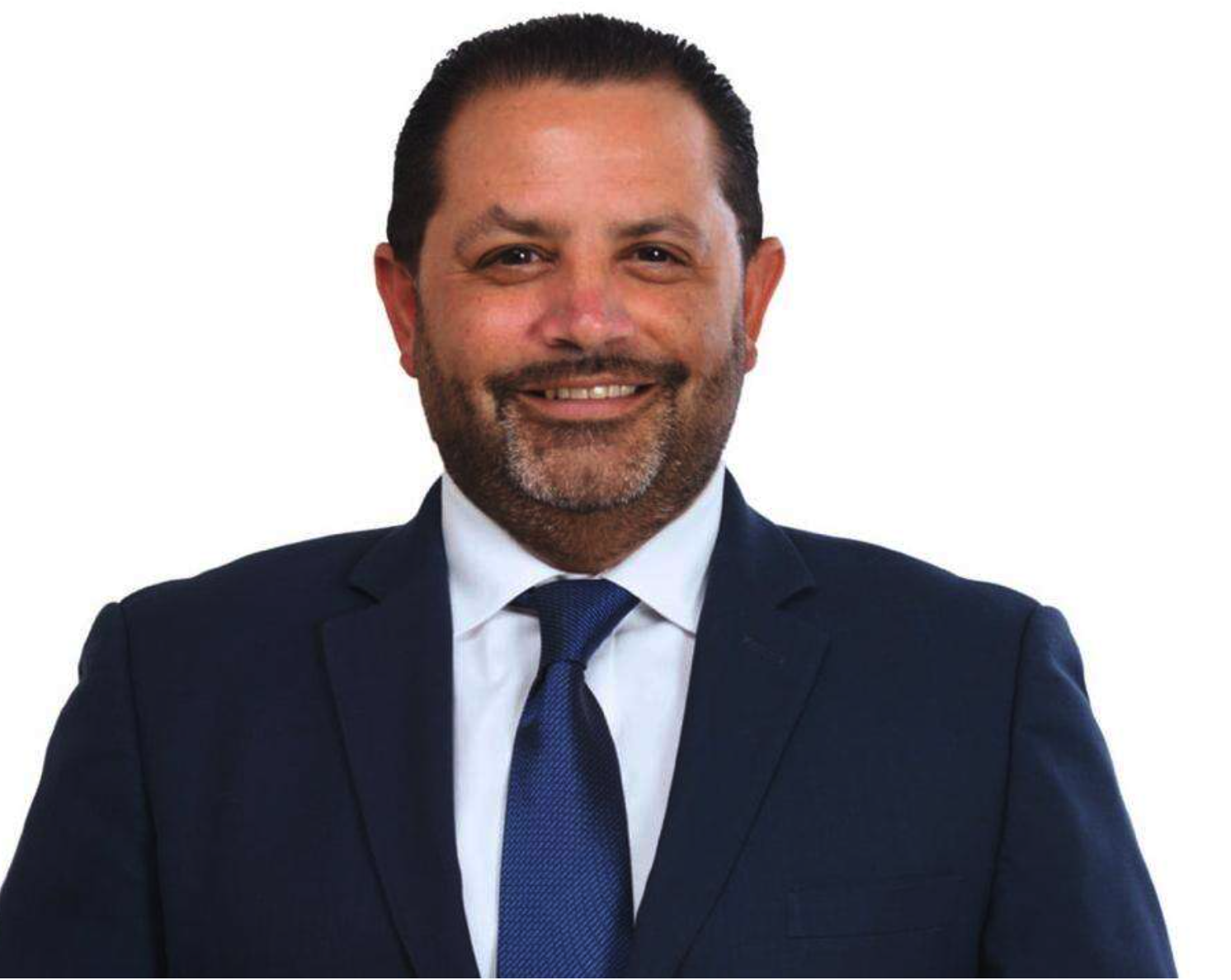

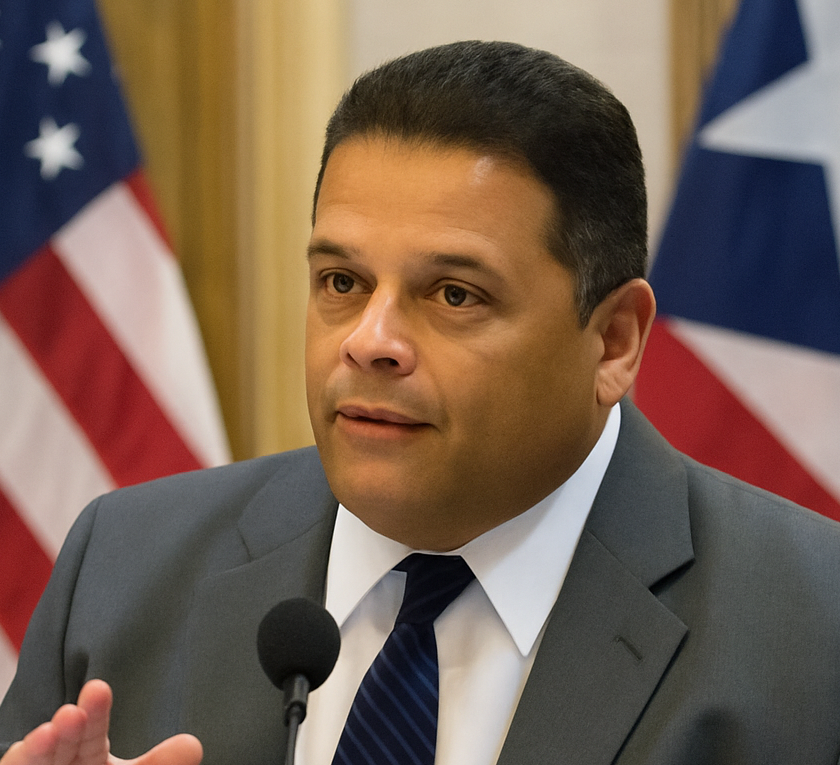



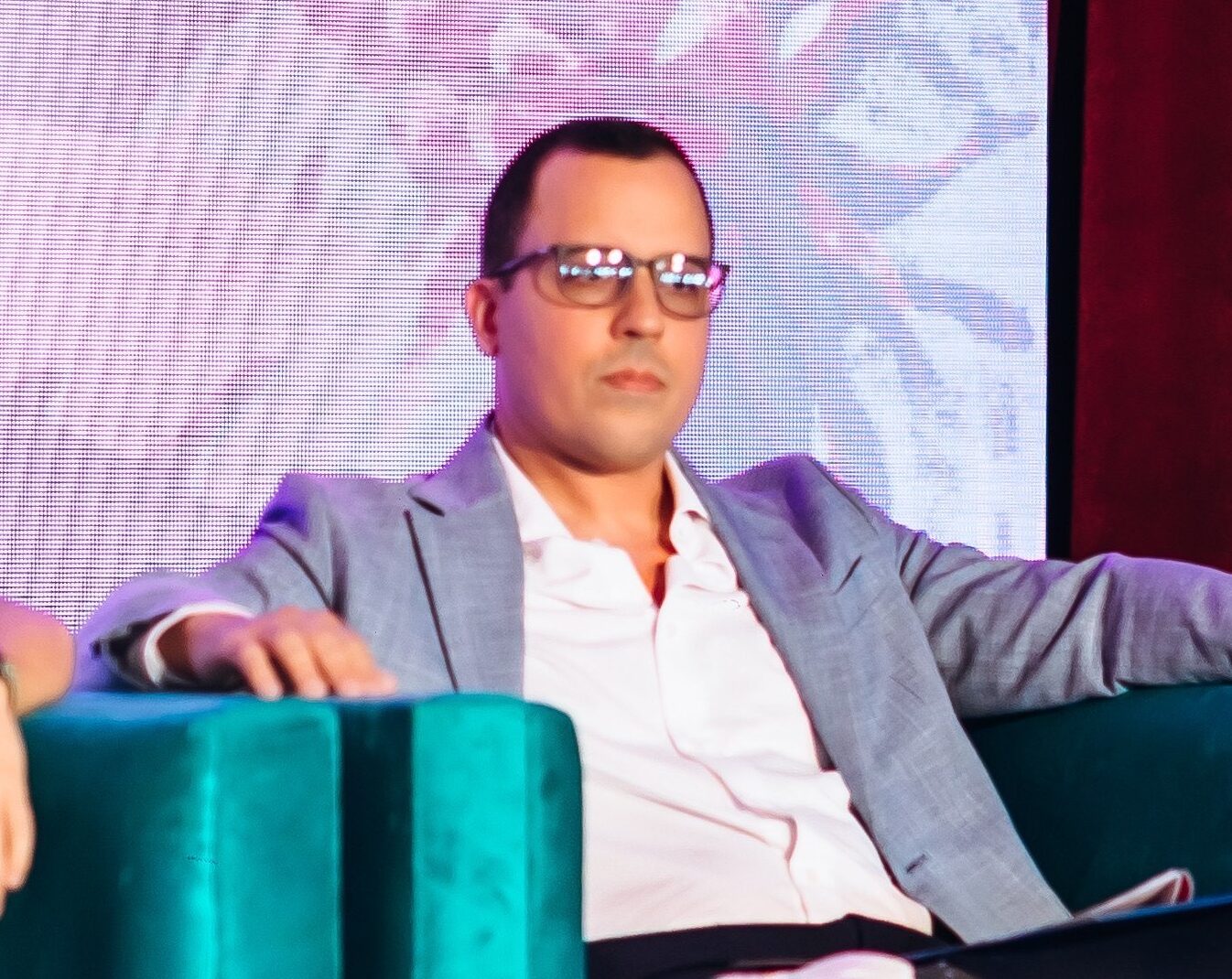

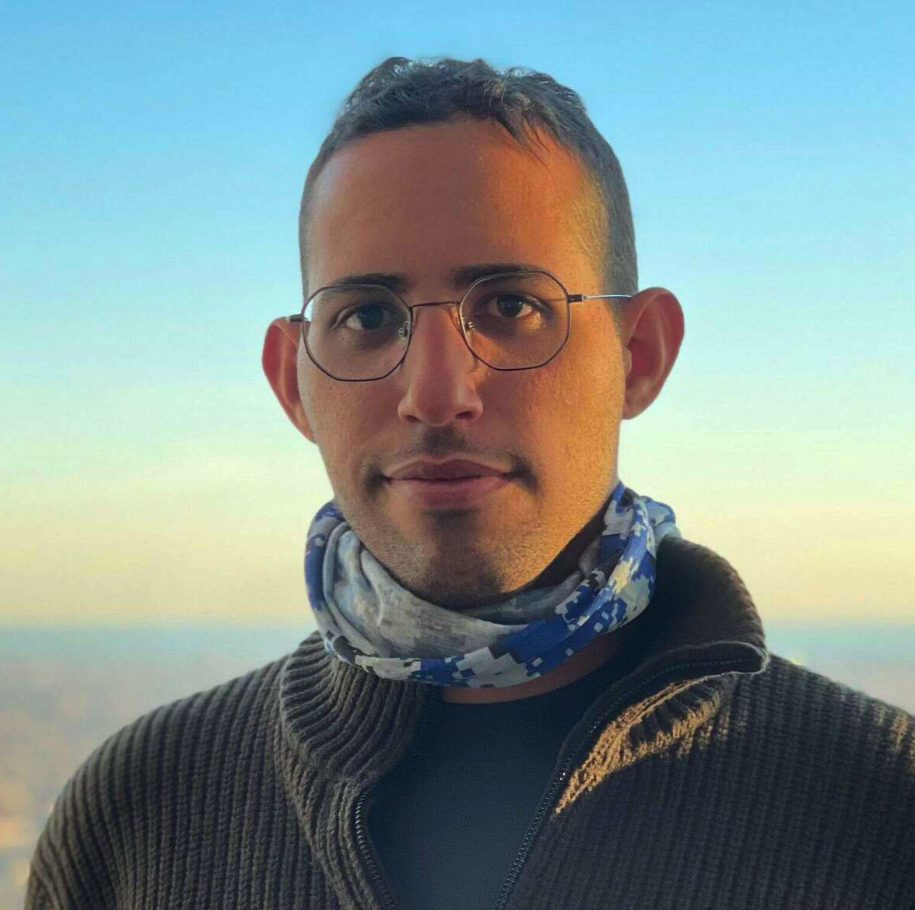

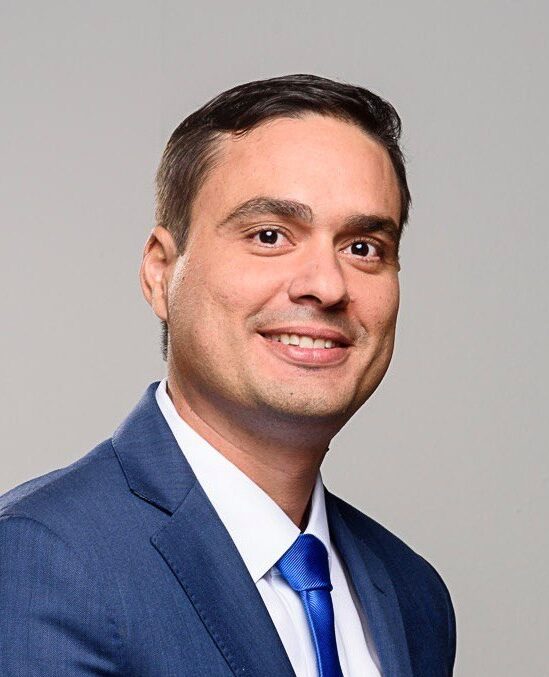
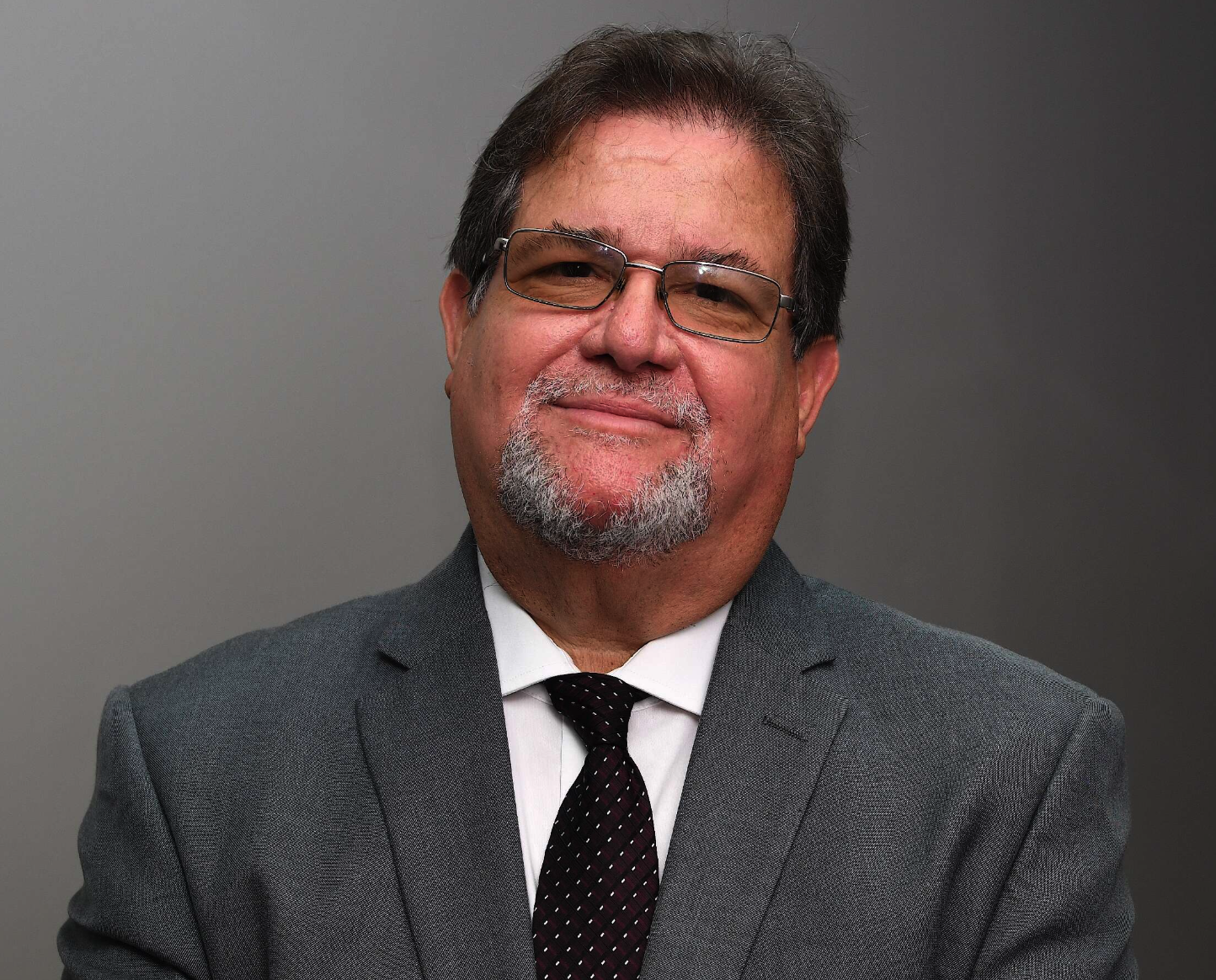
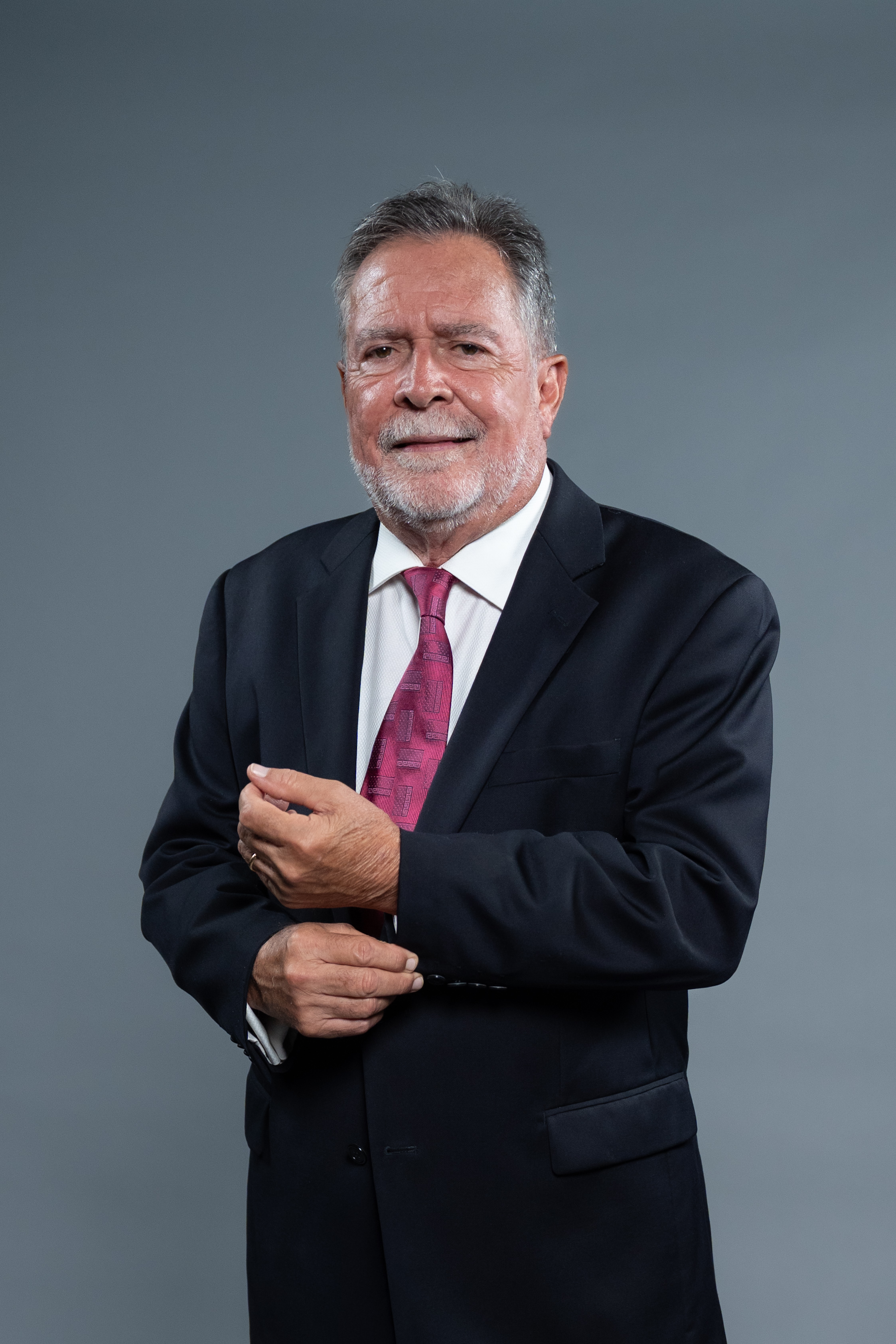
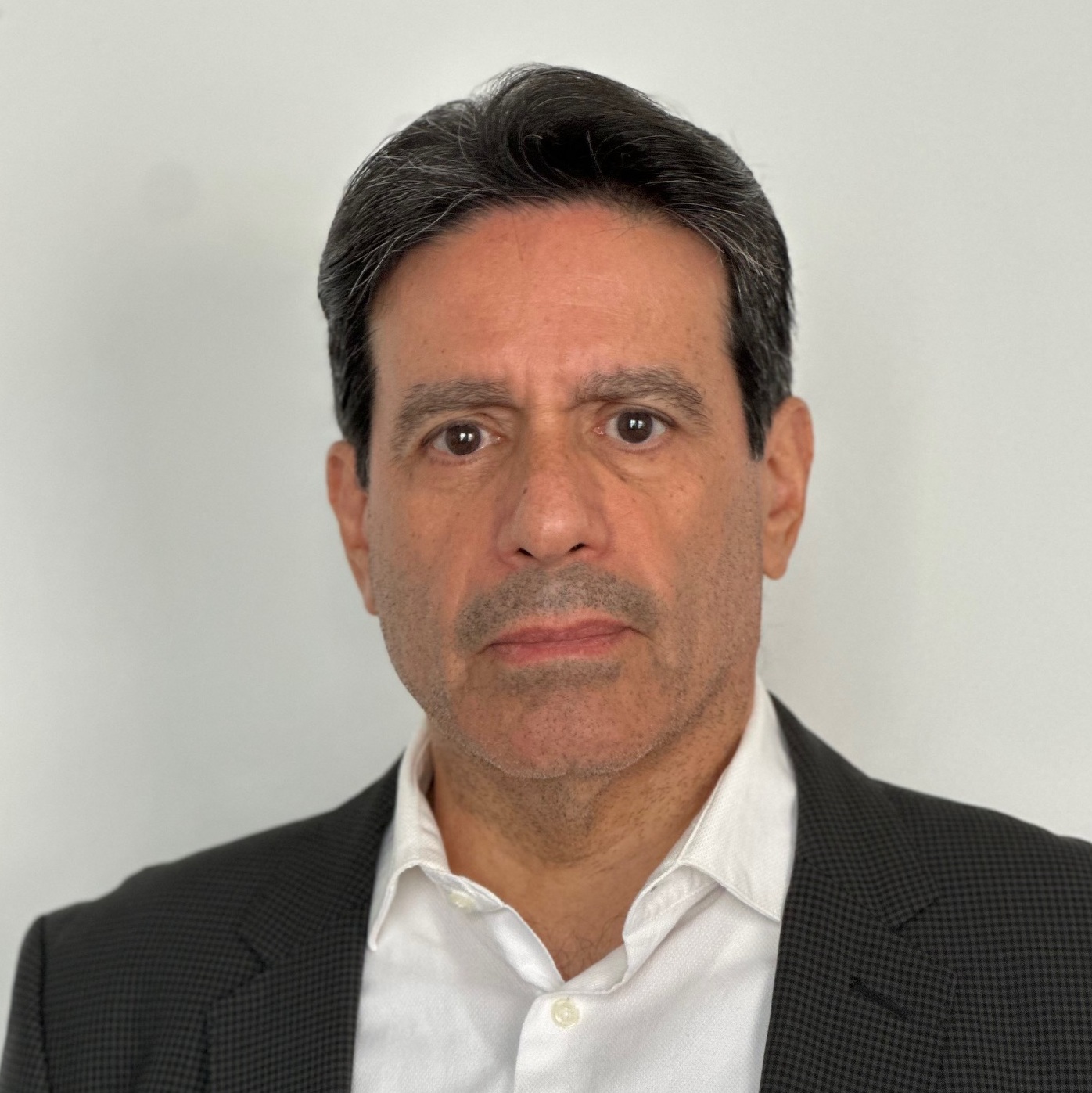
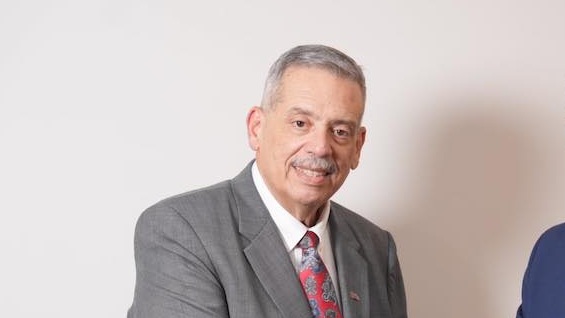
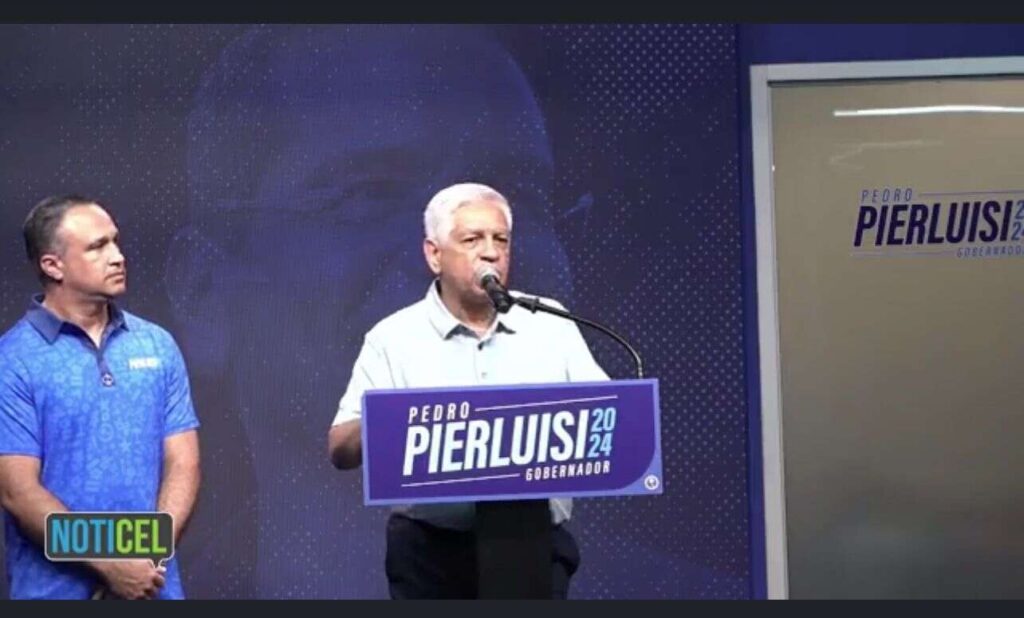


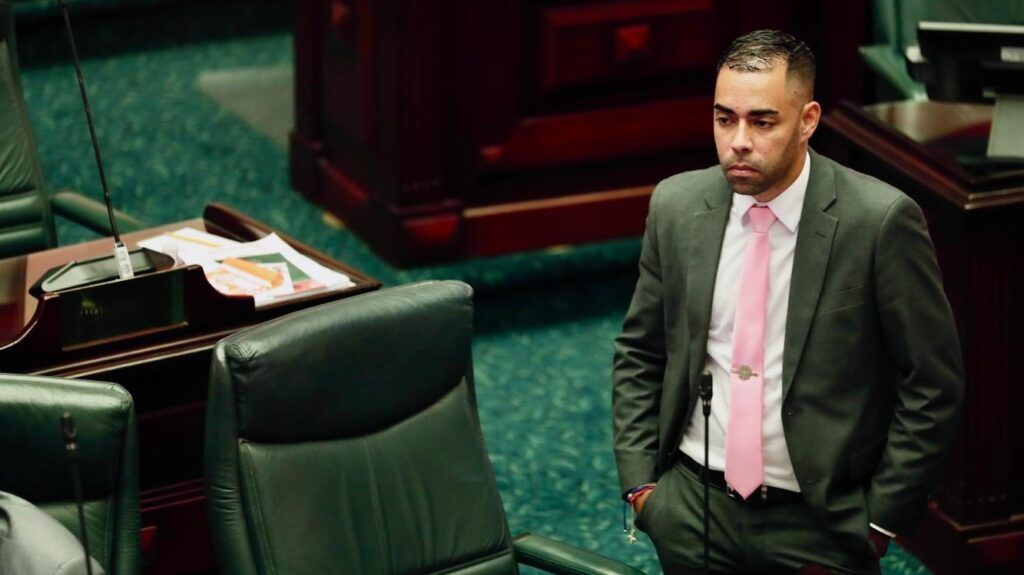


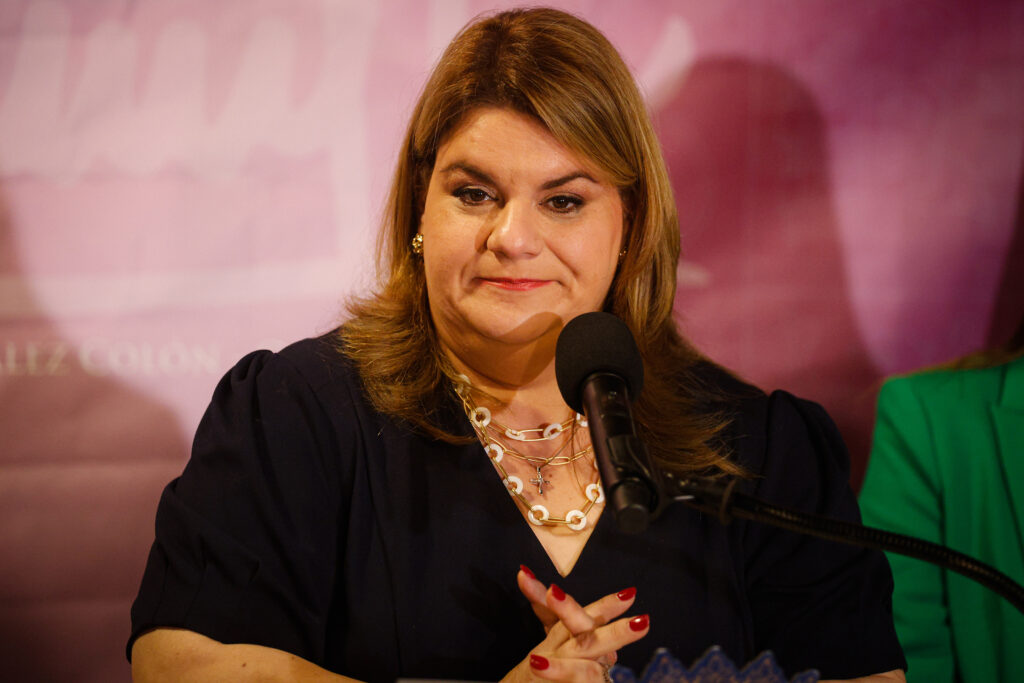

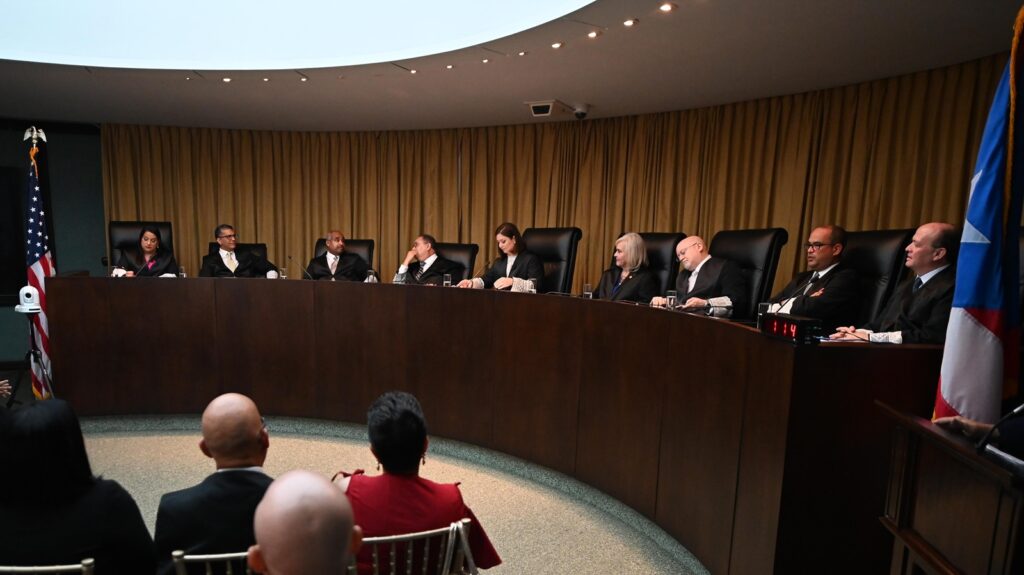
Comentarios {{ comments_count }}
Añadir comentario{{ child.content }}